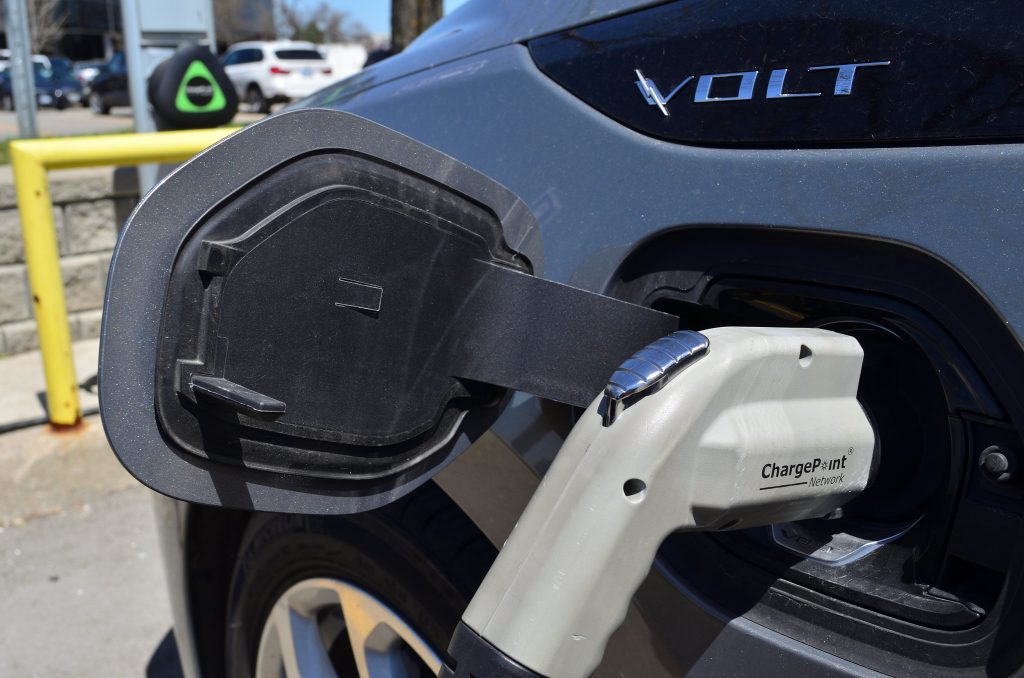As the climate crisis continues to worsen and governments fail to address the issue through top-down policies adequately. It is left to the people make changes to their individual lives to make the necessary reduction in carbon emissions. Hopefully, you can prevent the atmosphere warming to the critical 2-degree threshold.
There are many small things that individual households can do. There are changes to the daily routine and alterations in the types of food eaten. And there are more significant decisions, such as what kind of vehicle to drive.
Often, the smaller changes to our habits are more comfortable to swallow because they don’t incur any meaningful increase in costs. But because purchasing a car is such a big decision financially – it is usually the second most expensive asset we buy after a house – then people can be forgiven for not considering a more expensive alternative to a gas-powered car.
However, as we will explain in this article, for many people, the decision to purchase an electric car will save them money in the long run.
The Cost of Hybrid and Electric Cars
When hybrid cars and electric vehicles first came on to the market, even the most environmentally conscious consumer was not able to stomach the costs. They were prohibitively expensive. Fueled by innovation and technological advancements, not to mention government encouragement, the price for these vehicles has dramatically decreased so that now they are reasonably priced for most consumers to consider them. Their increased affordability is evidenced by the fact that registration for electric cars have more than doubled in 2019 compared to the year before.
Across the globe, most major car manufacturers have added electric car vehicles to their fleet of offerings. These companies understand that they are the future, and as a result, they don’t want to be left behind. The competition from these car companies will help to drive down the cost further and increased vehicle equity. In the United States, you can buy a small electric car for as little as $10,000 (Renault Twizy). For regular-sized vehicles, there is a considerable number of options in the price range of $30-40k.
Government Grants Reduce Cost
When looking at these prices, do not forget that governments also offer credits or grants for purchasing an electric vehicle. In the US, there is a federal electric vehicle tax credit of $7,500. This may not last forever, especially given the current President, so it may be worth taking advantage of these incentive schemes. At the same time, they are on offer to further enhance the cost savings of going electric.
If we focus on the US, let’s create a hypothetical situation where you are looking at a purchase of a brand-new electric car for $22.5k ($30k purchase price less the tax credit). Already, this is comparable to many gas-powered cars, so for many people, the debate as to whether an electric car is worth it will end here. If you are looking at a cheaper gas car, though, then we need to do some calculations that prove the financial benefit of running off electricity rather than gas.
Electricity is Cheaper than Gasoline
The big reason why electric cars are cheaper than gas cars is that electricity is much less expensive to consume than gasoline. On average, American drivers spend around $1,500 a year at the gas station purchasing gas or diesel for their cars. This compares to an average of $500 that drivers of electric vehicles are spending on charging up their vehicles each year.
Financial and Environmental Worth of Electric Cars
Clearly, if you are saving an average of $1,000 every year, then you can quickly make up the difference in the initial price of an electric car.
Ultimately, the question as to whether or not electric cars are worth it can be answered from two angles – the financial and the environmental. From an ecological perspective, they are worth it. The carbon footprint from using an electric car instead of a gas-powered vehicle is far, far lower. By making the switch, you will, without doubt, be helping to protect the planet from global warming.
Fortunately, thanks to colossal progress that has been made in just the last few years, the decision to switch to an electric car is also worth it from the financial perspective. Although the upfront cost of an electric car can be higher, it has been proven that this can be more than offset by the amount of money you will save from charging your car with electricity rather than paying for gas.
So, if you want to save money in the long term and save the planet, hopefully, this article will have helped you to make that decision.
Image source: Open Grid Scheduler.
Read More:
Rev Up Your Savings: Unleashing Fuel Hacks for Big Discounts at Costco Gas Stations


